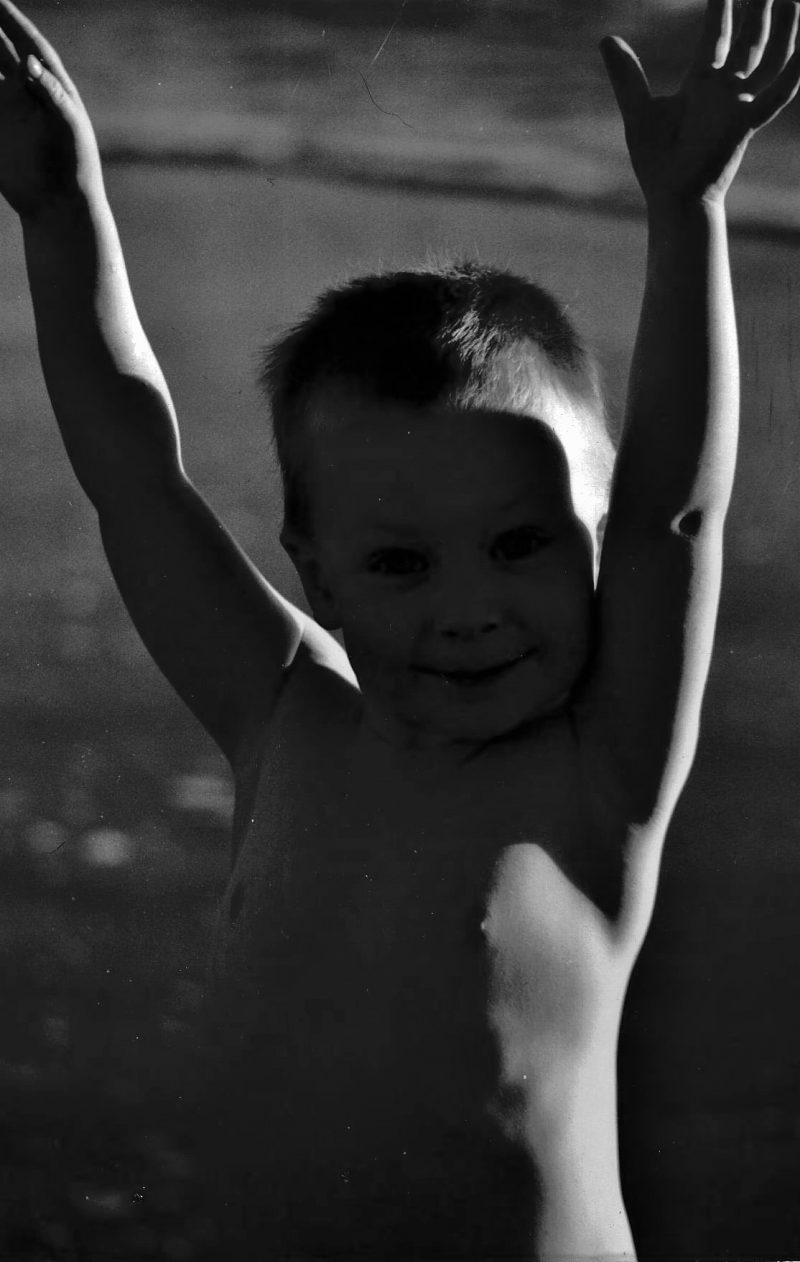 With the past month’s headlines full of unspeakable violence, how do we talk to the children? In her Denver Post article, For families, conversation is evolving (12/09/2015), journalist Jenn Fields explores how parents are navigating the daily violence and the effect on their children. I find it particularly poignant as we head into the holiday season when the conversation would (or could) naturally turn to things like peace on earth or goodwill toward men. Okay, that may be a little optimistic in our current Trumped-up culture, but the juxtaposition of love and fear are certainly in need of discussion. I got a call from Jenn to be part of this interview, and because I’ve always had a pretty open topic policy with my children, I gladly obliged.
With the past month’s headlines full of unspeakable violence, how do we talk to the children? In her Denver Post article, For families, conversation is evolving (12/09/2015), journalist Jenn Fields explores how parents are navigating the daily violence and the effect on their children. I find it particularly poignant as we head into the holiday season when the conversation would (or could) naturally turn to things like peace on earth or goodwill toward men. Okay, that may be a little optimistic in our current Trumped-up culture, but the juxtaposition of love and fear are certainly in need of discussion. I got a call from Jenn to be part of this interview, and because I’ve always had a pretty open topic policy with my children, I gladly obliged.
August was 4 years old when Columbine happened. Gabe, the younger of two boys, was a toddler on Sept. 11, 2001.
So for Tracy Shaffer, of Denver’s Park Hill neighborhood, ruminating over how to have conversations with her boys about senseless violence is nothing new.
“I’ve spent 20 years thinking about, how am I going to talk to my kids about this?” she said.
It’s an evolving conversation for parents; as kids turn into teens, they’re exposed to more information, more media coverage about violence than what Mom and Dad allow on the living room television. And in the wake of the Paris attacks, and the shootings at a Planned Parenthood clinic in Colorado Springs and a holiday party in San Bernardino, Calif., it’s also an ongoing conversation about fear, safety and, ultimately, positivity. The recent back-to-back high-profile shootings are scary for kids, Shaffer said. “And they’re aware of that. It’s just a lot harder right now. The last couple of weeks, the month we’ve had, it’s just a lot harder to tell them that the odds are in their favor, that nothing’s going to happen.
“But it’s still true.”
Judith Fox, director of the international disaster psychology program at the University of Denver, said there’s an emotional toll for everyone after mass shootings.
“The events in and of themselves, I think, are frightening and really rock everyone’s sense of safety and security,” Fox said. “But that’s going to be particularly true for children and teens, who don’t have the larger context with which to understand what’s going on.”
Shaffer’s 17-year-old had an extra scare last week. She was on her way to East High School to pick him up Thursday when he called to say something was going on.
“I’m thinking it’s a hair-pulling, back-of-the-school fight like we did in the ’70s,” Shaffer said. “And I get there, and there are about 18 cop cars.”
East was on lockdown after reports of an armed person at the school. But Gabe was outside when it happened. So she picked him up and they left.
As he called to check on friends, she noticed: “After each phone call, he said at least once, “I love you, take care of yourself, I love you.’ ” It struck her. He knew what was important.
“If they can stay in that place of the sweetness and the compassion for one another — ‘I was concerned for you,’ ‘I was scared for my school’ — and not getting into the blaming and the bickering, then we may gain control in the long run.”
At the clinic at DU, Fox said, “Inevitably people are coming in with their kids feeling more anxious.”
Between lockdowns — real or drills — at school, what kids hear from other kids and the slew of media coverage, parents might feel like it’s an uphill battle to dial down talk of the shootings.
Having an open line of communication with your kids is essential, Fox said.
“You really want to be in a connected position to have an impact on how they think about things, and what they do. Children and teens, you want to watch what they watch, as much as you can. You want to be there, you want to limit the exposure, but that gives you the power to understand what they’re feeling and thinking and correct misunderstandings and help lessen confusion.”
With teens who are using social media, she said, talk to them about what they’re seeing there, and remind them that it’s easy to spread unrealistic rumors on social media.
Since her 12-year-old started middle school, Heidi Schmutz of Longmont said her family has been trying to balance out the information her daughter is bringing home from school.
“It’s an interesting age, because they are getting some information about current events at school, so we want to make sure we’re having a conversation about it at home so we can give her some context,” Schmutz said.
At school, her daughter watches CNN Student News, which is “designed for use in middle and high school classrooms,” according to the site. When their daughter comes home and tells them about it, Schmutz and her husband then open a conversation about what she learned.
However, she said, “there’s a point, especially at this age, where too much is too much.” As parents, they want to give information that’s age-appropriate, she said, and let the kid be a kid.
Kirsten Anderson, division director of child and family outpatient services and disaster coordinator at Aurora Mental Health Center, has another tip for parents: “Parents need to take care of themselves so they can take care of their own kids.”
It’s best for parents to minimize exposure to news coverage of these events — and keep in mind that images and sounds “tend to stick with us more than the words do,” she said.
Little ones don’t need to see any of this, she said, and teens don’t need to see it over and over again.
At Shaffer’s house, her teen self-regulated their television viewing after the most recent shootings.
“Gabe will go, ‘I don’t want to watch this,’ and so we’ll turn it to something really stupid,” she said.
If you’re the parent trying to steer the focus, aim for positive imagery instead, Fox said, “like, how are people helping each other? Noticing that side of things is really important. I think that was a very effective technique on 9/11, (and) it clearly happened around the support systems that developed post-school shootings, where people really band together and help each other.”
You’re not going to control everything kids see and hear — certainly not with teens, Fox said.
“I assume my kids are seeing absolutely everything,” said Shaffer, whose boys are now 17 and 21. “I can’t keep you from it, I can’t shield you from it. I can give you context. That’s the role of parents now, I think, is to give them context.”
Jenn Fields: 303-954-1599, jfields@denverpost.com or @jennfields
Let me know what you think and how you may be having this conversation in your household.


